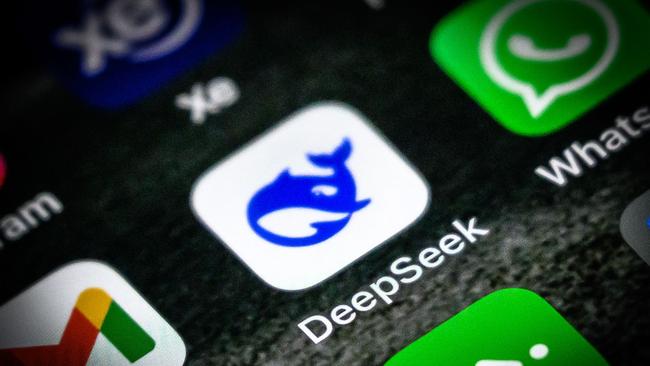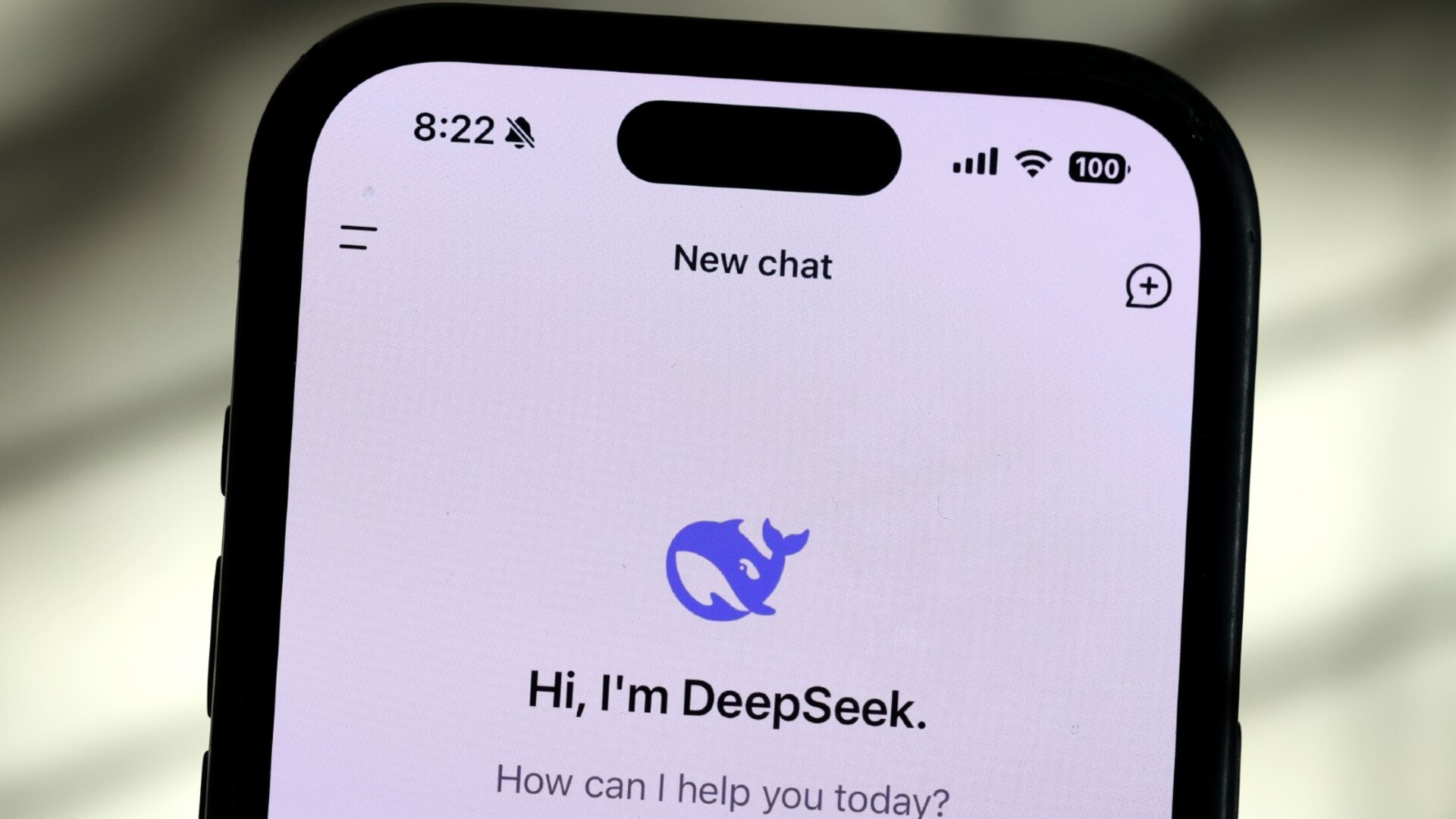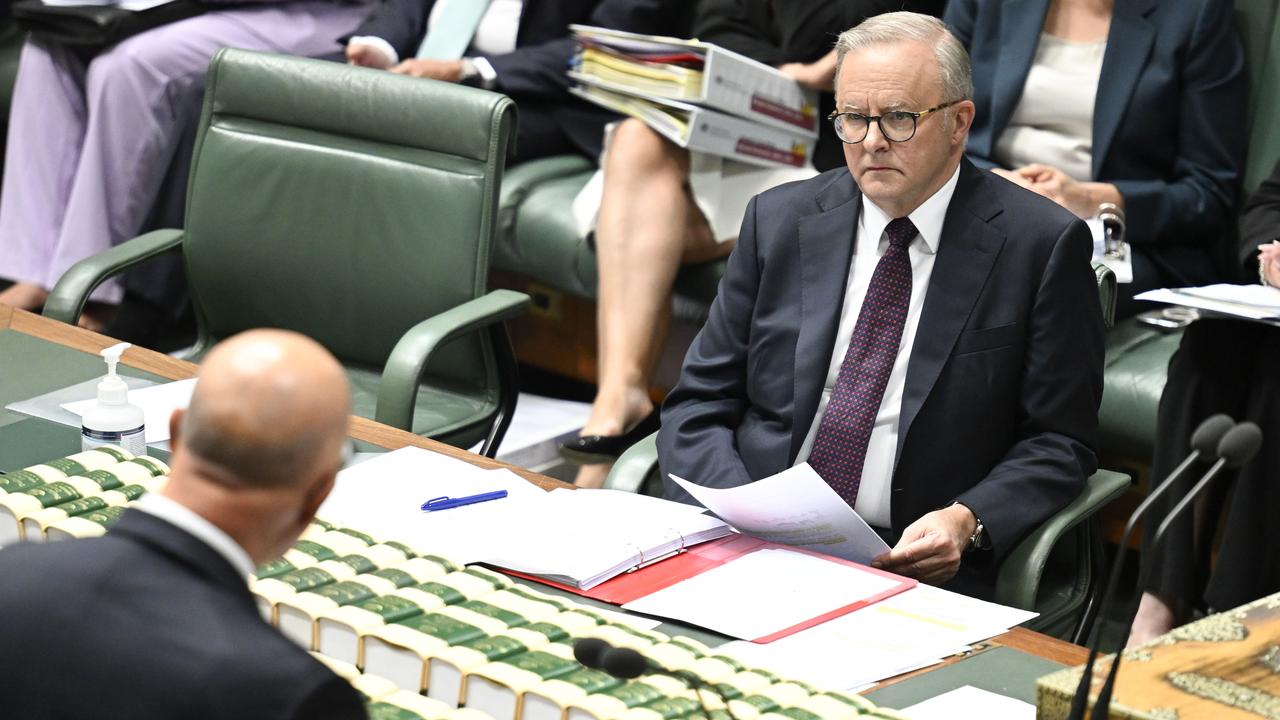Home Affairs warns infrastructure companies on DeepSeek dangers
Home Affairs has urged critical infrastructure operators to keep Chinese AI app DeepSeek off their systems but stopped short of an enforced ban like that imposed on government users

Home Affairs has urged critical infrastructure operators to keep Chinese artificial intelligence app DeepSeek off their systems but stopped short of an enforced ban like that imposed on government users.
Labor banned DeepSeek from government devices on Tuesday after intelligence agencies warned the software posed an “unacceptable risk” to national security.
A senior government source told The Australian that critical infrastructure providers in the government’s Trusted Information Sharing Network were given “strong encouragement for similar action” during a briefing on Wednesday.
But the government opted against using its powers under the Security of Critical Infrastructure Act to impose a mandatory ban on the software for regulated entities, including power and communications companies, finance organisations and transport providers.
Opposition home affairs spokesman James Paterson said if DeepSeek posed a risk for government users “then it’s hardly safe for critical infrastructure either”.
“Our intelligence agencies have publicly assessed the Chinese government and its proxies are scanning for vulnerabilities on these networks for potential future sabotage,” he said.
“We should not make that task any easier with high-risk apps, and the Minister for Home Affairs has all the powers he needs to require they be blocked in systemically important sectors.”
Australian Strategic Policy Institute executive director Justin Bassi said it was difficult to see how “these platforms are deemed unsafe for public servants but safe for the public and public infrastructure”.
“The government needs to explain its logic here,” he said. “They might argue that government communications and information are of particular interest and value to the Chinese government and therefore need to be protected in ways that members of the public do not.
“But it’s hard to see how that extends to devices and equipment that sits within critical infrastructure or other vital public assets.”

Mr Bassi also questioned Home Affairs Minister Tony Burke’s description of the ban as being “country agnostic”, given the risk was linked to the software’s Chinese origin.
“There’s a very good reason to worry about Chinese applications that doesn’t apply to other countries, namely China’s domestic laws that compel companies to share data with the Chinese intelligence services on demand,” he said.
Cybersecurity expert Alastair MacGibbon, from CyberCX, said the government should extend its DeepSeek ban to critical infrastructure providers and the wider business community.
“In my discussions with industry leaders, they want direction from government on these types of things. You don’t want to make an investment decision in technology … only to find later that it’s not to be used anymore,” Mr MacGibbon said.
Rather than play “whack-a-mole” with every new Chinese technology threat, he urged a broader crackdown on software and devices that were “connected or controlled” by China.
“By their nature, if they are connected to China, they are potentially controlled by China,” Mr MacGibbon said.
He added that these included Chinese cars that are connected to the internet, which could potentially have their overload protections turned off “so the cars explode”.
Commonwealth entities have been directed to remove DeepSeek from their hardware, prevent future access to the app, and report compliance with the order to Home Affairs.
“This decision is based on the risk and threat information from our national security and intelligence agencies. DeepSeek poses an unacceptable risk to Australian government technology,” the government said.
While the order does not apply to private users, all Australians have been urged “to ensure they are well informed about how their data can be used online and the steps they can take to understand their online presence and protect their privacy”.
The move comes less than two years after TikTok was banned from government devices on the advice of the Australian Signals Directorate. It followed similar bans in recent days by Taiwan, Italy and the US state of Texas. The NSW Department of Customer Service has also blocked access to the AI app “to protect our data and information”.
DeepSeek triggered a sharemarket bloodbath last week after the company behind the software claimed it had been developed with a fraction of the computing power of American rivals.
Donald Trump said the AI disrupter was a “wake-up call” for American technology companies, which needed to be “laser-focused” on winning the AI race.
There are fears DeepSeek could access and share customer data with the Chinese Communist Party under the country’s national security laws. There are also censorship concerns associated with the app, which refuses to provide information on subjects deemed unacceptable to the CCP, including the 1989 Tiananmen Square massacre and human rights abuses in Xinjiang.





